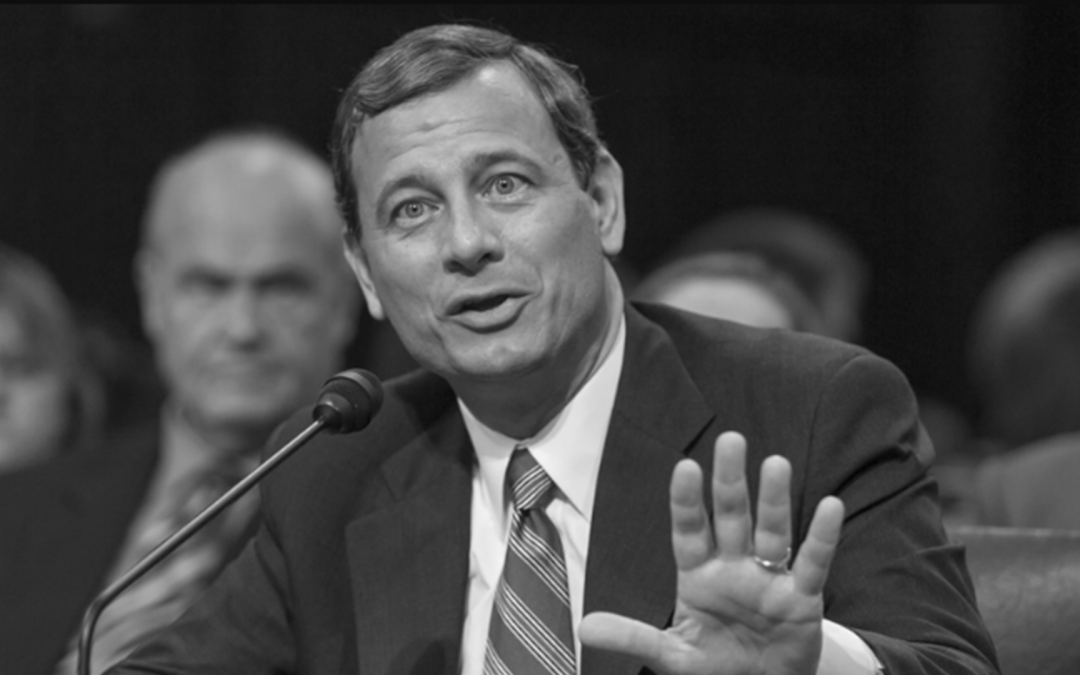Chief Justice John Roberts of the U.S. expressed concerns about the impact of artificial intelligence (AI) on the legal system in his end-of-the-year report, emphasizing both its potential benefits and risks. Here are key points from his remarks:
Potential Benefits of AI in Law:
-
- Roberts acknowledged the potential of AI to increase access to justice, especially for individuals with limited resources.
- Highlighted AI’s role in providing information, answering basic legal questions, and assisting in tasks such as filling out court forms.
Caution and Humility in AI Use:
-
- Emphasized the need for caution and humility in the use of AI in the legal system.
- Acknowledged the risks of privacy invasion and the potential to “dehumanize” the law through excessive reliance on AI.
AI Making the Legal System Accessible:
-
- Recognized AI’s ability to create highly accessible tools for individuals who cannot afford a lawyer, streamlining processes like finding templates and court forms.
Limitations of AI:
-
- Noted the limitations of AI, including the phenomenon of hallucination, where AI systems may generate incorrect or nonexistent information.
- Cited concerns in criminal cases where AI is used for assessing flight risk, recidivism, and other discretionary decisions, leading to worries about due process, reliability, and potential bias.
Concerns About Bias in AI Models:
-
- Highlighted the issue of biases programmed into AI models, particularly in criminal cases, raising concerns about fairness, reliability, and public perception of a “human-AI fairness gap.”
Public Perception of AI Fairness Gap:
-
- Referenced studies indicating a persistent public perception of a gap in fairness between human adjudications and decisions generated by AI, particularly in predictions involving discretionary judgments.
Call for Caution Amid AI Advancements:
-
- Roberts’ remarks reflected a cautious approach to the integration of AI into the legal system, acknowledging its potential benefits while urging vigilance to avoid pitfalls such as bias and privacy concerns.
- The Chief Justice’s observations underscore the ongoing debate surrounding the ethical and practical implications of AI in legal processes, emphasizing the need for responsible and measured deployment of AI technologies.

Author of Social News Outlet, Tanvi Garg weaves compelling narratives that illuminate the human stories behind headlines.

